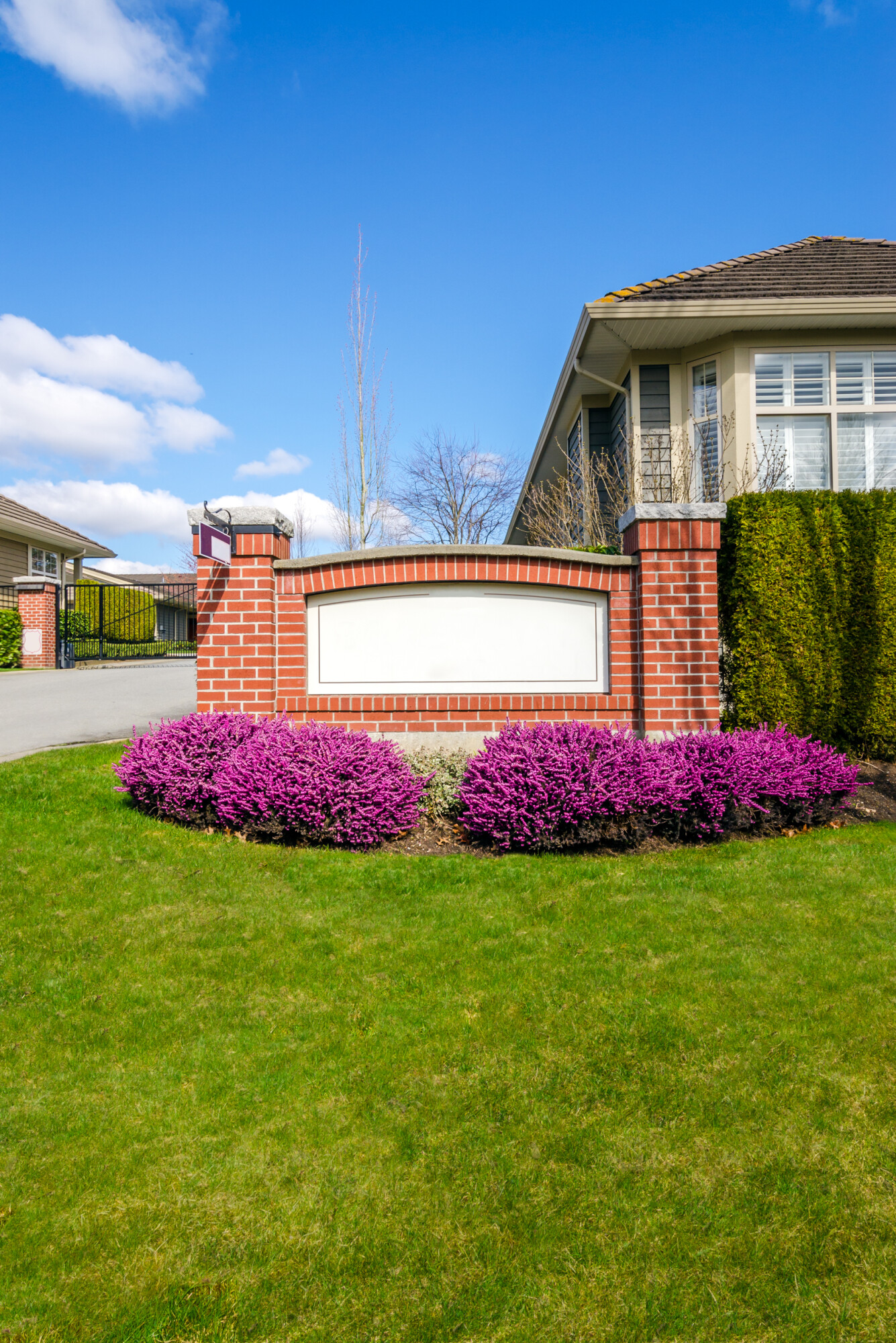When looking to rent property for your business, it is crucial to know the difference between commercial lease agreements and residential contracts. South Carolina has one of the highest eviction rates, so understanding lease obligations is vital.
The contract you sign for conducting business on a rental property designates everything, including how you use the property, who pays for specific costs, and more. When negotiating the terms of your commercial lease, keep these things in mind.
1. Requirements
A South Carolina commercial lease agreement must include the names and information of the lessor and lessee. It must provide details of the rental property, including:
- Property address
- Type of commercial building on lease
- Square footage of the rental property
- Length of the lease
- Terms of lease renewal
- Cost of rent and due date
- Security deposit amount
- Outline space usage
- Outline of changes or renovations you may make
- Fixtures or appliances the commercial lease includes
The lease agreement should specify who is responsible for the cost of renovations or changes the lessee is planning.
2. Types of Commercial Lease Agreements
Net Lease agreements have the lessee responsible for paying the base rent plus utilities, maintenance, and insurance. There are four types of net leases:
- Single net lease: tenant pays property taxes and rent
- Double net lease: tenant pays property taxes, rent, and building insurance; landlord pays utilities and maintenance
- Triple net lease: tenant pays rent, insurance utilities, taxes, maintenance, and standard property repairs
- Bondable net lease: the tenant pays everything in a triple net lease, cannot terminate the lease if the property becomes unusable, and is responsible for all risks, including natural disasters or fire
Gross Lease contracts can be full-service or modified. A full-service gross lease requires the tenant to pay a fixed monthly rent, and the landlord is responsible for all other expenses.
In a modified gross lease, the tenant pays monthly rent plus any incremental increases in operating costs, such as an increase in property tax. The landlord is responsible for all other costs.
Percentage Lease agreements are common with restaurants and retailers. Businesses with varying sales volumes receive rent adjustments according to their revenue. They pay a base rental amount plus a percentage of the business's gross income.
3. Commercial Leasing Terminology
Before signing a Columbia SC real estate lease agreement, make sure you read the lease and understand the following terms:
- Additional Rent: costs in addition to base rent, such as parking fees,
- Agent: person representing the landlord or tenant in negotiations
- Build-out: work necessary for the business to operate
- Non-compete clause: prohibits landlord from leasing to a competitor
- Subletting or assignment: tenant's ability or restriction on transferring property
- Termination and default: rights and procedures
- Insurance requirements: the amount of insurance the tenant and the landlord must maintain
- Dispute resolution: how to handle a dispute between the parties
To ensure compliance with your commercial lease agreement, consider the benefits of professional property management.
Commercial Property Management
Negotiating commercial lease agreements is easy. It is maintaining compliance during the lease term that can be tricky. That is where commercial property management is crucial.
The professionals at PMI Property Management can help. To learn more, complete our online form or call 803.592.9731.


